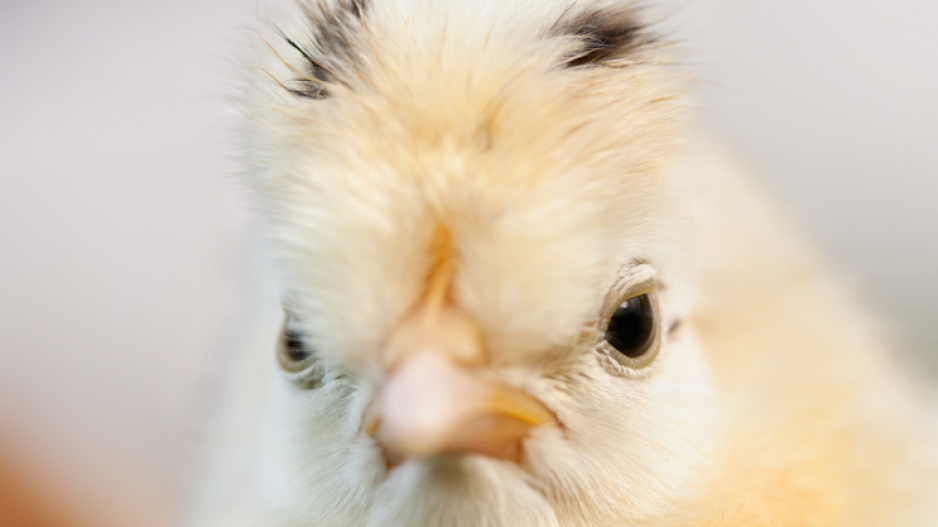The latest farm to be hit by the avian flu is a turkey producer located near Abbotsford, bringing the number of farms affected by the outbreak to five, health officials reported over the weekend of December 6.
It is estimated that up to 140,000 birds have been or will be euthanized.
The farms have been put under quarantine in an effort to contain a particularly virulent strain of avian influenza,
The H5N2 influenza strain was first found at a turkey farm in Abbottsford and a chicken farm in Chilliwack. Test results have confirmed the presence of the virus on two additional farms, which are located in between the two farms previously found to have sick birds, and on the latest farm near Abbotsford.
"The CFIA has mobilized all available resources to manage this situation," the CFIA said in a December 6 statement. "The agency continues to work closely with the Province of British Columbia, the owners of the infected birds and the poultry industry to manage this outbreak."
The influenza strain is both very virulent, meaning symptoms are severe with a high mortality rate, and pathogenic. No humans have become ill from the virus, the officials said, and the fact that the virus is a high-pathogen strain in birds does not necessarily mean it would translate to a high-pathogen version in humans.
Health officials are still trying to determine how the virus was introduced to the farms and how it may have spread between the farms. It is possible the turkeys and chickens may have caught the illness from wild birds.
The Ministry of Agriculture and the Canadian Food Inspection Agency will now be checking other farms within the area to monitor whether the virus has spread, said Dr. Jane Pritchard, chief veterinary officer for B.C.'s Ministry of Agriculture.
Hong Kong and Taiwan have banned imports of all Canadian poultry products, including eggs. South Korea has banned imports of chicks from Canada, while Japan has put restrictions on poultry imports. The United States and Mexico are also restricting or banning imports.
Michel Benoit of the B.C. Turkey Farmers Association said that most B.C.-produced turkey and poultry is sold within the domestic market. A small amount of turkey products, such as drumsticks and wings, are exported, but not to Asia, Benoit said.
The current outbreak comes at a period of intense production for turkey farmers as Christmas nears; a previous outbreak in 2004 happened in the spring, a quieter time for turkey farms.
Farmers who lose livestock as a result of avian flu will be eligible for compensation from the Canadian Food Inspection Agency, although that money won’t cover the entire cost of downtime for the farms, Benoit said.
He emphasized that chicken and turkey meat is still safe to eat.
Farmers affected by the epidemic may be eligible for compensation from the federal government under the Health of Animals act .
@jenstden




